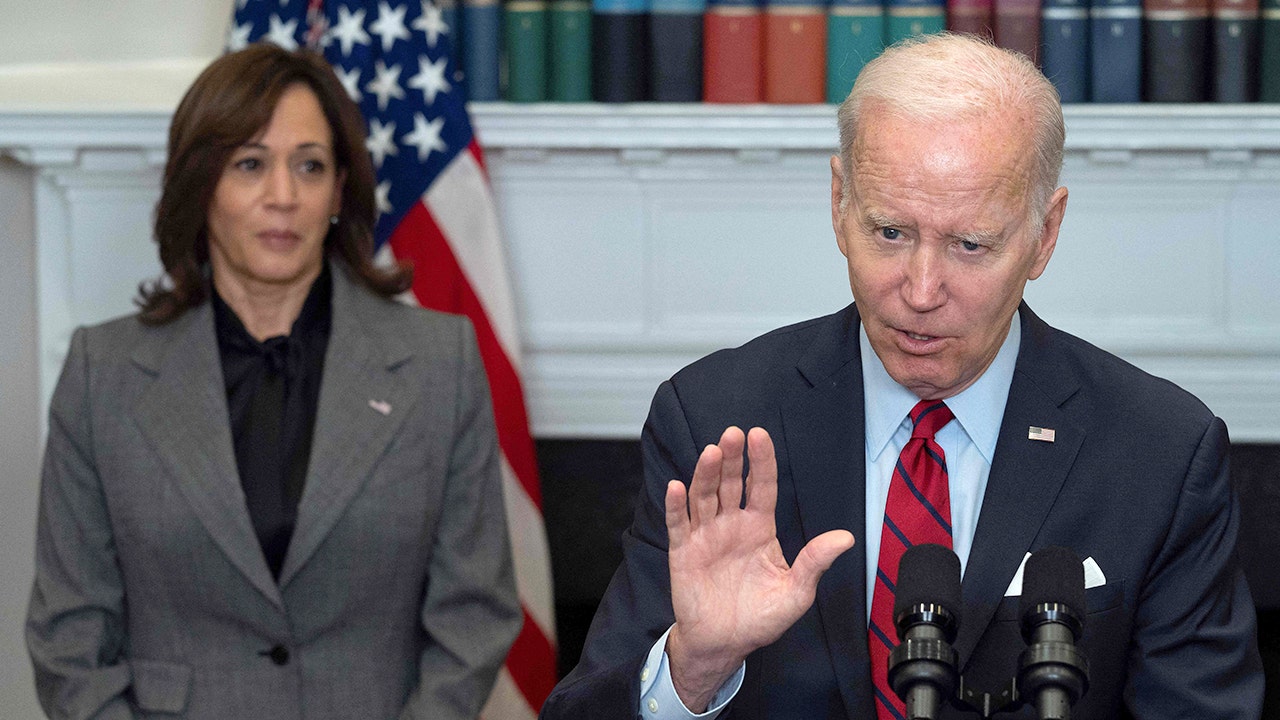U.S. regulators sued Adobe on Monday over claims that the company made it difficult to cancel subscriptions to Photoshop and other software, an escalation by regulators in a crackdown against such practices.
The Justice Department said in its lawsuit that Adobe hid details of an expensive cancellation fee from consumers “in fine print and behind optional text boxes and hyperlinks.” Adobe’s website and customer service representatives made canceling additionally challenging, according to allegations in the suit.
“Adobe knows about the barriers consumers face when attempting to cancel their subscriptions,” the government said in the lawsuit, which was filed in the U.S. District Court for the Northern District of California.
The challenge follows a similar suit by the Federal Trade Commission against Amazon last year, in which the government argued that the e-commerce giant made it hard for customers to terminate their Prime memberships. The agency has proposed new “click to cancel” rules, which would require companies to offer an easy way to stop paying for a product.
The new efforts to penalize companies with hard-to-cancel subscriptions build on a wider attempt by federal regulators to rein in Big Tech’s power. The Justice Department and the F.T.C. have filed antitrust lawsuits against Google, Amazon, Apple, Microsoft and Meta, the owner of Instagram and WhatsApp, charging that their behavior or deals stifle competition. Adobe dropped a planned $20 billion purchase of Figma, a design startup, when it faced resistance from regulators around the world last year.
In the suit against Adobe, the Justice Department named David Wadhwani, the president of its digital media business, and Maninder Sawhney, a company vice president, as defendants. The suit follows an investigation into Adobe’s practices by the F.T.C.
“We are transparent with the terms and conditions of our subscription agreements and have a simple cancellation process,” said Dana Rao, Adobe’s general counsel, in a statement. “We will refute the F.T.C.’s claims in court.”
Mr. Wadhwani and Mr. Sawhney did not immediately respond to requests for comment.
Monday’s lawsuit targets Adobe’s suite of popular design software, including Photoshop, Illustrator and Acrobat. In recent years, Adobe has shifted to offering subscriptions for those products, scrapping its previous model of selling one-off licenses to use the tools.
The company earned $14.22 billion in revenue from subscriptions in 2023, up from $7.71 billion in 2019, the government said.
Adobe took steps to lock consumers into yearly subscriptions billed in monthly increments, the lawsuit argued. The overall price of the plan was often displayed in bold when customers signed up. But a reference to Adobe’s cancellation fee was displayed in lighter italic text, the government said.
Consumers had to click a separate link to see details of the early cancellation fee, which cost half of any remaining payments and applied if a customer canceled in the first year, the government said.
“Consumers can enroll in subscriptions without clicking that link, and Adobe knows most consumers do not click it before enrolling,” the lawsuit said.
Customers complained to Adobe and the Better Business Bureau about the cancellation fee, the government said.
If customers tried to cancel, the option was difficult to find on Adobe’s website. The company’s customer service line often dropped calls or bounced customers between representatives, according to the lawsuit.
“In numerous instances, subscribers who have requested to cancel through Adobe’s customer service believe they have successfully canceled but continue to be charged,” the government said. “Some of these subscribers do not realize for months that Adobe is continuing to charge them, and only learn about the charges when they review their financial accounts.”
Most of the lawsuit’s allegations related to the individual executives were sealed. The government said Mr. Wadwhani was pivotal to Adobe’s subscription business.






